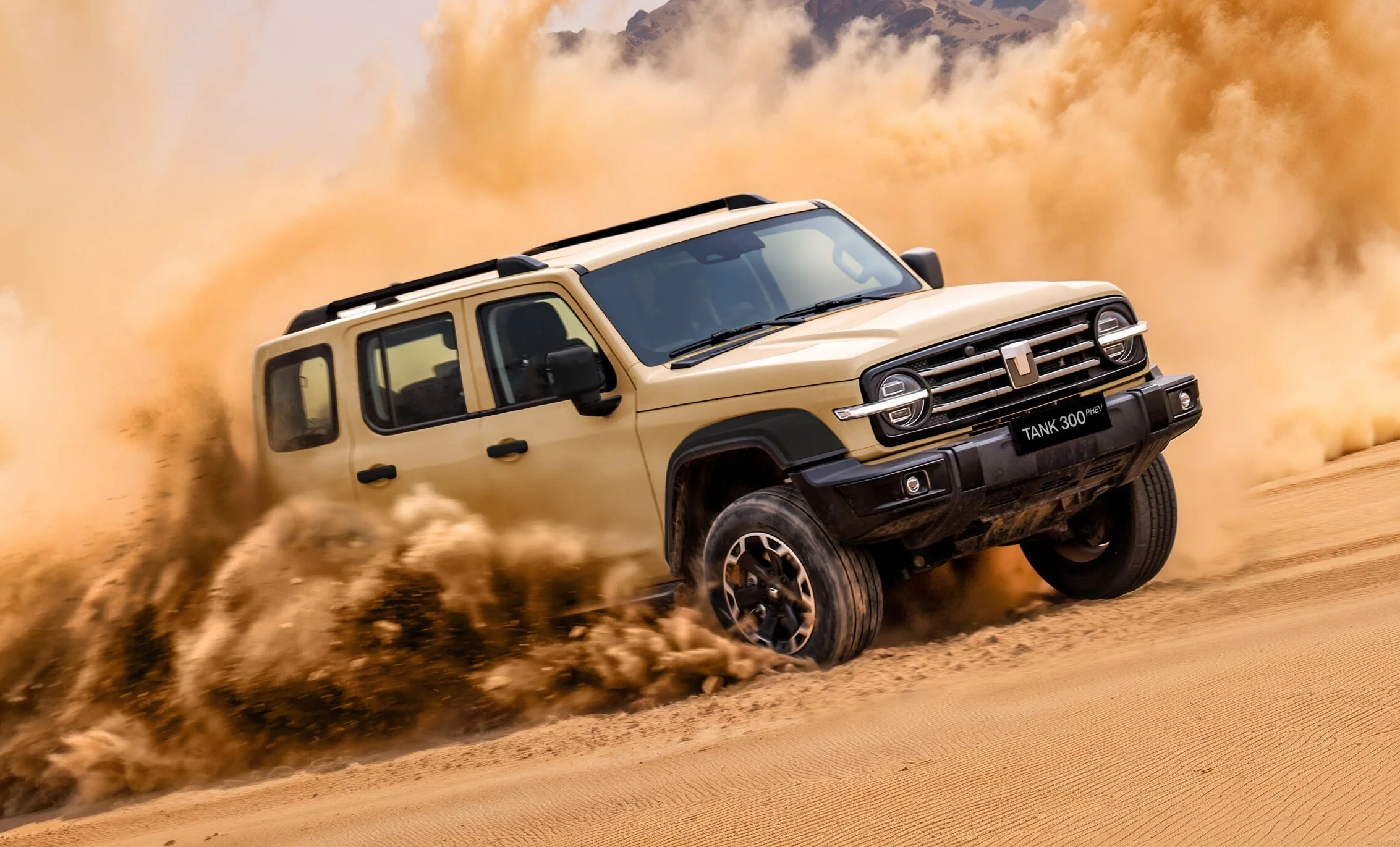Should I install a throttle controller?
QUESTION
Hi John,
My car’s a Skoda Kodiaq RS and I will be installing a throttle controller to attempt to remove the 1.5 second lag between the planting of my foot and car getting a move on, for example, when exploiting a small gap in fast-moving traffic.
I’ve often wondered whether that lag is inherent, and thus insurmountable, to a turbo-diesel, or is it deliberately engineered in for DCT protection / wheel spin prevention / any other reasons you might think of.
In your opinion, do manufacturers optimally tune drivetrains for the best performance/economy balance, or do emissions regulations cripple the performance characteristics of the tune?
Chris
LINKS FOR MODIFYING YOUR VEHICLE
4X4 Snorkels: Ultimate Buyer's Guide (you probably don't need one) >>
Mods vs Warranty: How modifications affect your new car warranty >>
Think like an engineer before modifying your vehicle (or caravan) >>
Should I get a GVM upgrade for my D-Max ute? >>
Should I fit an aftermarket fuel filter on my diesel ute? >>
My AutoExpert AFFORDABLE ROADSIDE ASSISTANCE PACKAGE
If you’re sick of paying through the neck for roadside assistance I’ve teamed up with 24/7 to offer AutoExpert readers nationwide roadside assistance from just $69 annually, plus there’s NO JOINING FEE
Full details here >>
ANSWER
Chris,
You’re not thinking straight about this. Fitting a throttle controller is a waste of money and it’ll void your warranty.
It’s probably turbo lag, and I’d suggest ‘exploiting a small gap in fast-moving traffic’ is an ineffective and overly aggressive driving style in a big SUV. Just go with the flow, dude.
Try driving in sport mode, which usually sharpens up the throttle response a little. Use the gearbox manually so you can spool the turbo up if you need to. (If you don’t know what that means - don’t do that.)
Manufacturers do all three things you’ve noted: There are regulatory requirements for emissions which must be met (emissions kill more people prematurely than car crashes - it’s a serious problem, and dying of congestive heart failure or emphysema is worse than dying in a car crash, generally). They also tune for economy and performance, because they’re in a race with other manufacturers on all these criteria.
It’s absurd to suggest that emissions regs “cripple” performance. A 2000 Volkswagen Golf 1.8T made 110kW and 210Nm. A 2020 Golf 1.8T makes 132kW and 280Nm - and it complies with stricter emissions control standards.
So basically doing this is a great way to A) not solve the problem (won’t cure turbo lag), B) void your warranty, C) shorten the life of expensive components (like transmissions - because it will place additional loads on them) and D) possibly void your compliance with emissions laws (>$10k fine if you get caught). Other than that: good plan.
I know this is not what you want to hear, but frankly I prioritize the truth over appeasing people. Your car has a ‘problem’ that really doesn’t exist (except between your ears). Therefore, it doesn’t need a solution. You just need to recalibrate.
JC
LIVESTREAMS
Don't forget to join me for my 'Ask Me Anything' Q&A livestreams on YouTube (Sydney time).
Subscribe to my YouTube channel and hit the bell icon to get an alert you every time I go live.








Just because a ute is cheap, that doesn’t mean it’s worth the money. Is the GWM Cannon more than just a cut-price Ranger wannabe? Can it offer towing, off-roading capability and robust design to compete with the big brand dual-cab utes like Hilux and Triton?